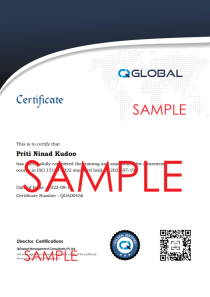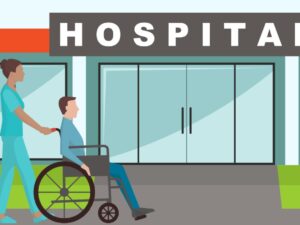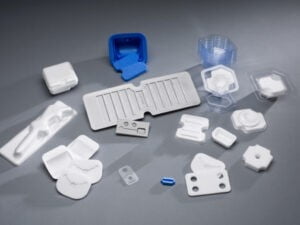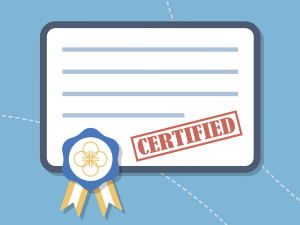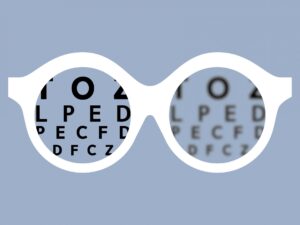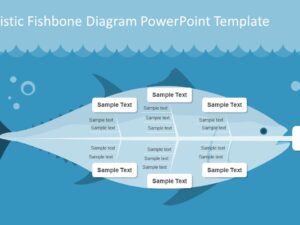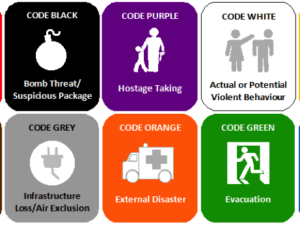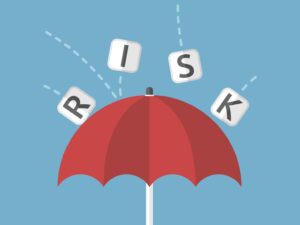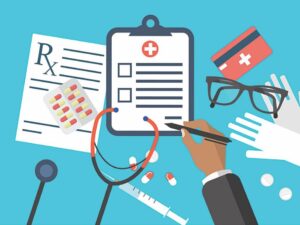Management of Medication in Healthcare - Awareness Course
- Description
- Curriculum

Medication management is the process of overseeing the medications prescribed for a patient to ensure they are taken properly and achieving their planned, therapeutic outcome. The process includes initial and ongoing medication review to address safety and adherence concerns, reduce adverse drug events, educate patients, and engage patients and their caregivers. Having good up-to-date knowledge of the safe handling of medicines is essential for anyone working with medication. This course will help you gain an understanding of how to store and dispose of medicines in a safe way, how to administer medicines safely and how to ensure that record keeping and audits are completed correctly.
Who Should Attend?
- Pharmacists , store personnel, doctors and nurses
- Auditors
- Certification managers
- Healthcare safety & quality personnel
- Inspectors
- Owners/directors of healthcare organizations
- Fresher and job seekers
- QA/QC Personnel
- Regulatory Authorities & Personnel
Key Benefits
- Understand medication and prescriptions
- Know the best practices for supply, storage and disposal of medication
- Learn the best practices to store look alike and sound alike medicines
- Understand the regulatory requirements and guidelines
- Learn to develop effective Standard Operating Procedures (SOPs) for management of medication
- Conduct a risk assessment and develop controls
- Identify and select proportionate mitigation measures
- Learn the documentation practices for medication management
- Learn to develop an effective training and communication strategy for managing medicines
- Learn the inspection and verification techniques to check the effectiveness of medication management
- Understand the techniques to report and investigate adverse drug events
- Learn medicine recall procedure
Learning & Evaluation Method
This is a self learning course. Study materials will be available in your account once you purchase the course. If you need a live and interactive course, you can opt for ‘ BUY FOR A GROUP ‘ option. Live course will have role plays, online workshops, practice questions and group discussions during the course so that each participant will gain in depth knowledge in the subject. Group purchase can be made for a single participant or for a group of participants. On receiving your order, our team will contact you to schedule a live training session as per your convenience. After the completion of this course you can participate in the online examination if you wish to test your knowledge . Those securing minimum 50% marks will pass the exam. You will be allowed to retake the exam. Attending the exam is not mandatory to receive a course completion certificate.
Certification
There are increasing numbers of organizations, who prefer candidates those who have certain certifications from recognized programs. Certification demonstrates your commitment to superior professionalism, upholding industry standards, and continued learning. These merits can help boost your professional credibility and prestige within your own network, in your organisation, with your current clients, and when pursuing new business opportunities. After the successful completion of the course and final exam, you will be awarded with a certificate of completion issued by QGlobal. Your credentials will be made available in the global online directory and can be verified by anyone searching with the certificate number. Without doubt we can say that our training courses are well recognized and sought after by organizations across various geographies.
Total: 205 Courses View all
-
1Introduction to management of medication
-
2HEC02 Risk management
-
3Defining roles and responsibilities
-
4Creating documents and records
-
5Communication requirements
-
6HEC03 Training and awareness
-
7Infrastructure planning
-
8Identifying regulatory requirements
-
9Therapeutic committee
-
10Formulary
-
11Procurement of medicines
-
12Inventory management
-
13Storage and distribution
-
14Prescription
-
15Dispensing
-
16Administration
-
17Adverse drug events
-
18Medicine recall
-
19Disposal of medicines
-
20Inspection and verification
-
21Performance monitoring and improvement
-
22Handling non conformities

